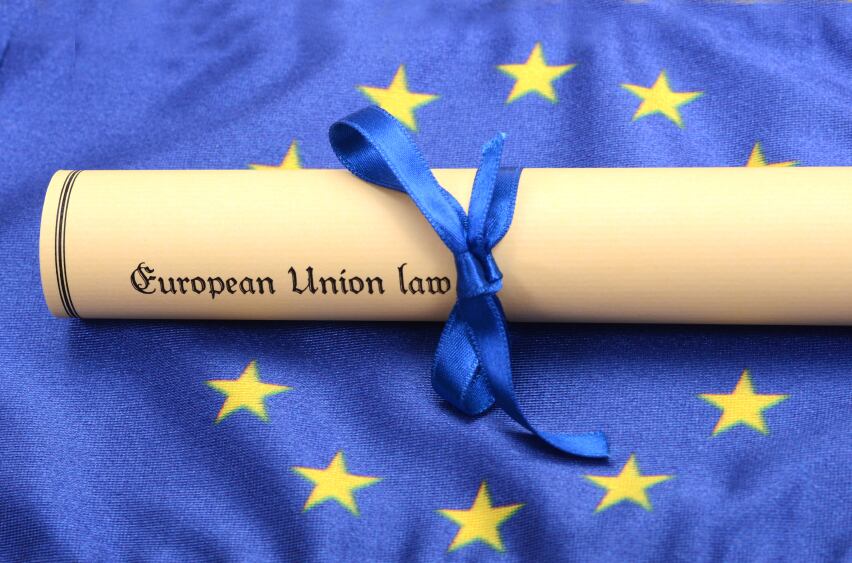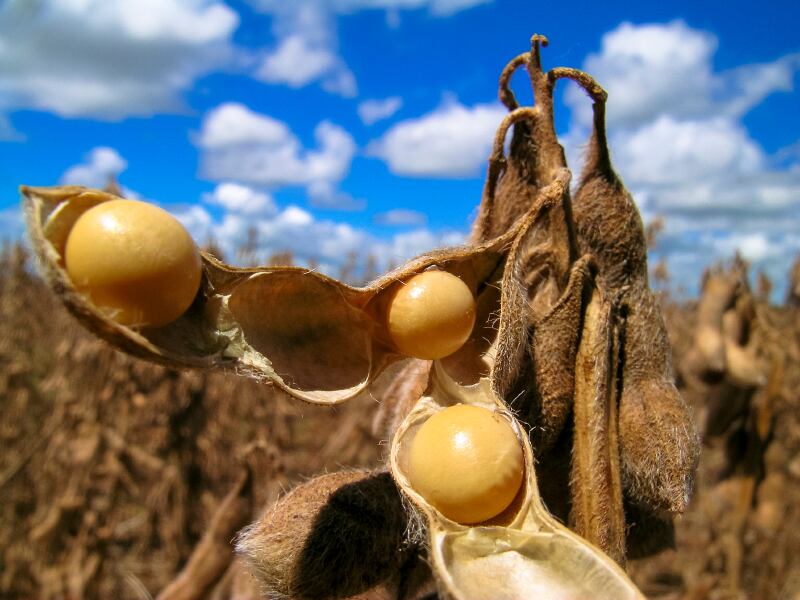Industry will be able to import soybean MON 87708 x MON 89788, soybean MON 87705 x MON 89788 and soybean FG 72 although the authorisation does not extend to cultivating the crops in Europe.
All three varieties received a favourable scientific opinion by the European Food Safety Authority (EFSA) in 2015. They had received ‘no opinion’ votes from the EU's 28 member states in both the Standing and Appeal Committees. The authorisations are valid for 10 years

“Any products produced from these GMOs will be subject to the EU's strict labelling and traceability rules,” said the Commission in a statement.
Beat Späth, director for Agricultural Biotechnology at the European Association for Bioindustries EuropaBio, said while it welcomed the approval it remained concerned. “Unfortunately, the recent actions by the Commission, including but not limited to the recent soya bean approval delays, do not reflect a commitment to safeguard scientific principles, despite the clear benefits of GM trade.
"The EU depends on imports for over 80% of its vegetable proteins, and every year we import 34 million tonnes of GM soya beans, which equates to the weight of all Europeans put together. These recent product approval delays are already estimated to have cost producers millions of Euros in delayed sales at the expense of feed market stability, which is also vital for the EU.”
In a recent opinion article in the Parliamentary Magazine, Europabio's public affairs manager Pedro Narro Sanchez argued that approving the GM strains was a question of upholding EU law. “Where, despite clear evidence, member states cannot reach a qualified majority in favour or against authorisation, ‘the Commission is required by the GMO legal framework and by the Charter of Fundamental Rights to adopt a decision on the application so, in practice, has little choice but to give the authorisation’, as the Commission has been pointing out.”
The US Soybean Export Council (USSEC) said the authorisation was welcome news for US soybean growers.
However the decision has been slammed by environmental campaigners. Liz O'Neill, director of GM Freeze, a UK umbrella campaign which calls for a moratorium in GM in food and farming, said it was a big step backwards for anyone who wants their food to be produced responsibly, fairly and sustainably.

“European nations refused to approve these three crops and EU consumers have been voting with their wallets for years. Sales of GM foods are minimal across Europe because they have to be declared on the label.
“However, that’s not the case with meat, eggs and dairy products from animals fed on GM. Today’s move will bring yet more GM into the UK and the rest of Europe and consumers will find it very difficult to avoid buying GM-fed.”
The EU authorisation for Monsanto’s Roundup Ready 2 Xtend soybeans follows a Chinese approval for imports in February this year.
The heads of European association for trade in cereals, fats and oils COCERAL, oil trade group FEDIOL and European Feed Manufacturers' Federation FEFAC addressed an open letter to President of the EU Jean-Claude Juncker in June this year urging the Commission to stop delaying a decision, and warned of "severe trade disruptions" if the crops were not approved before the summer break.
"The European Union cannot afford to ignore the global dimension of commodities trading and supplies: some of these GM traits are already authorised and/or commercialised in key exporting regions to the EU," reads the letter.
"The EU relies on imports from third countries to cover 75% of its use of protein-rich ingredients for animal feeding purposes, of which soybean meal is the preferred source. In absence of a rapid final decision, EU traders may be forced to restrict vital imports of soy due to the increasing risk of finding traces of GM traits yet to be authorised in the EU, which would negatively affect supplies of both GM and non-GM, which in return will only further exacerbate the long-persisting market crisis in key EU livestock sectors, e.g. the dairy and pig meat sectors."
